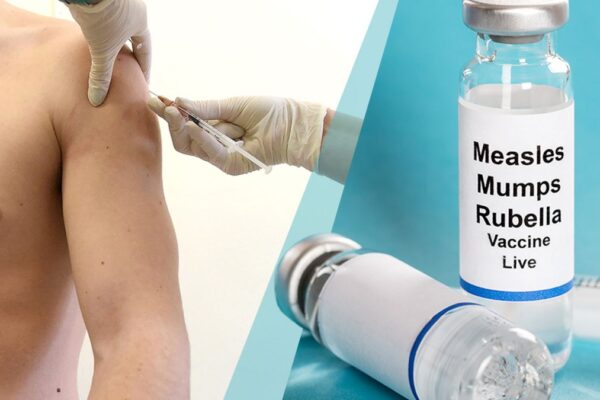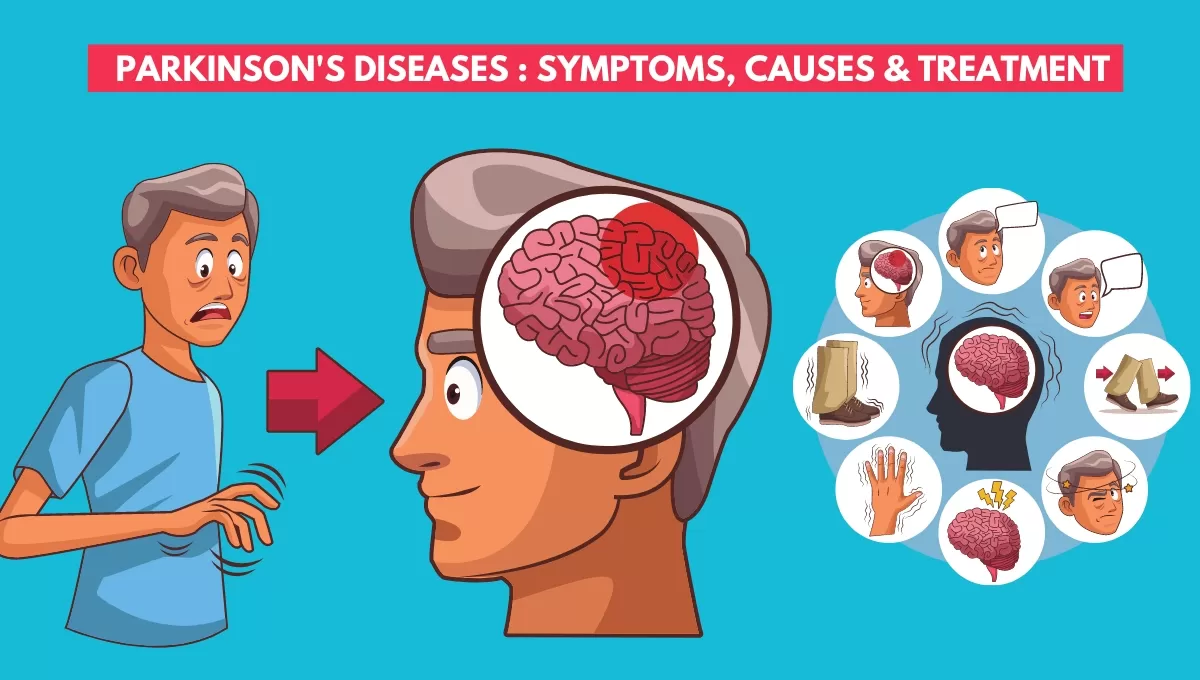
Introduction
The liver is one of the most vital organs in the human body, performing over 500 functions that are critical to maintaining overall health. From detoxifying harmful substances to aiding in digestion and regulating metabolism, the liver plays a central role in bodily functions. As awareness grows regarding liver health, particularly in the context of rising rates of liver disease, it is essential to understand its significance and how to care for this crucial organ.
The Functions of the Liver
The liver’s primary functions include the production of bile, which aids in the digestion of fats, and the synthesis of proteins essential for blood clotting. It also processes nutrients absorbed from the digestive tract, converting them into energy or storing them for future use. Furthermore, the liver helps filter blood, removing toxins and waste products. The organ also plays a role in hormone regulation and maintaining overall metabolic balance, underscoring its importance in daily bodily functions.
Current Issues and Health Risks
In recent years, liver diseases, such as fatty liver disease, hepatitis, and cirrhosis, have seen a significant rise globally. According to the World Health Organization (WHO), liver diseases account for approximately 2 million deaths per year, highlighting the urgent need for awareness and early detection. Factors such as excessive alcohol consumption, obesity, and viral infections are leading contributors to liver-related health issues.
Recent Advances in Treatments
The good news is that advancements in medical science are paving the way for better treatments. Effective antiviral treatments for hepatitis C have been developed, leading to higher cure rates. Additionally, lifestyle changes, including improved diet and increased physical activity, have been shown to reverse conditions like non-alcoholic fatty liver disease (NAFLD). Moreover, new research is underway to explore regenerative medicine and liver transplantation, providing hope for patients suffering from severe liver dysfunction.
Conclusion
Understanding the liver’s functions and the impact of liver disease is crucial for improving public health. As ongoing research continues to shed light on liver health, it is vital for individuals to take proactive measures to protect their liver, including regular check-ups and lifestyle modifications. Ensuring good liver health not only enhances quality of life but also reinforces the importance of this organ in overall wellbeing. The future of liver treatment looks promising, with innovative approaches paving the way for better patient outcomes.
You may also like

Understanding the Current Measles Outbreaks

